8 Pretty Harmless Things That Are Actually Bad For You
Categories: Health and Medicine
By Pictolic https://pictolic.com/article/8-pretty-harmless-things-that-are-actually-bad-for-you.htmlWe all understand that it is harmful to cross the street without first looking around, or to swallow the chemicals that people usually have under the kitchen sink. Nevertheless, there are many more things that at first glance are quite harmless, but, nevertheless, bear obvious harm to us. Many of them we can do all the time.
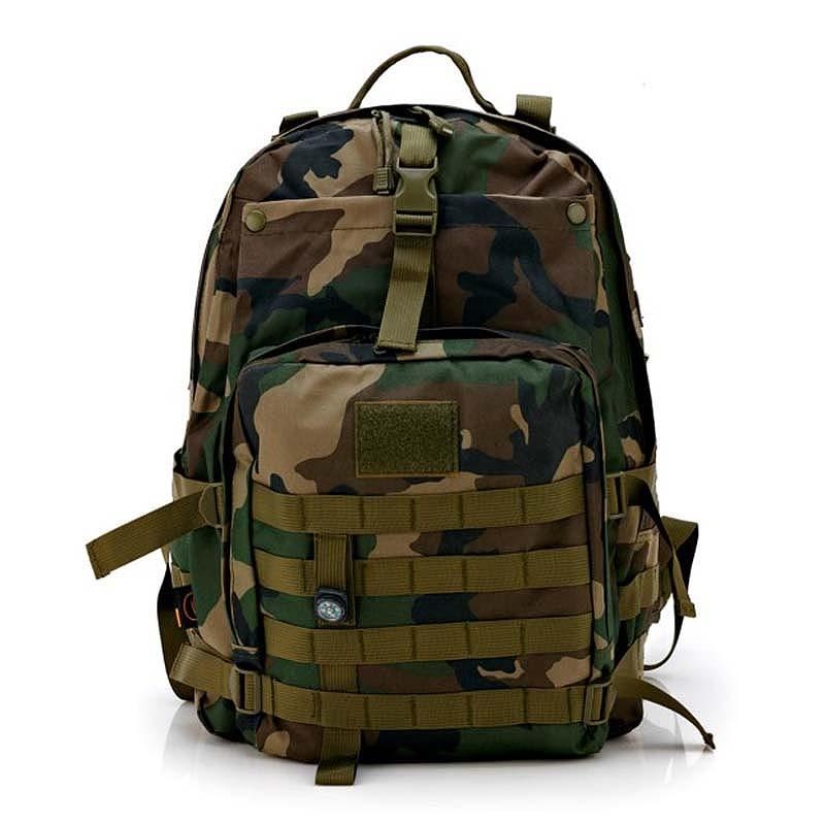
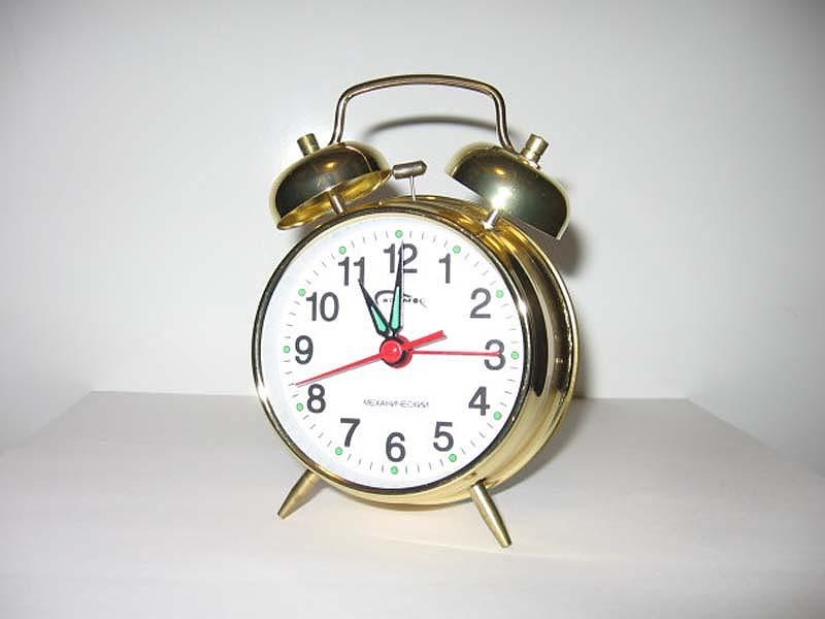
1. Wake up with an alarm
Many people wake up every morning with an alarm to be in time for work or school, and on weekends they get enough sleep for the whole week. But, according to the researchers, these are bad habits: for many people, the amount of sleep on weekdays and weekends differs too much. According to experts, this disruption of natural circadian rhythms makes a person weaker and increases the risk of obesity.
A study in Japan shows that not only can the circadian rhythm be disrupted, but waking up abruptly also damages the heart. When you wake up on an alarm clock, your blood pressure rises, and you yourself instantly find yourself in a “state of alert”, which is not very good for the body.
If you really need to wake up early, and going to bed early for some reason is impossible, then at least finding a way to wake up gradually is more useful for maintaining good health.
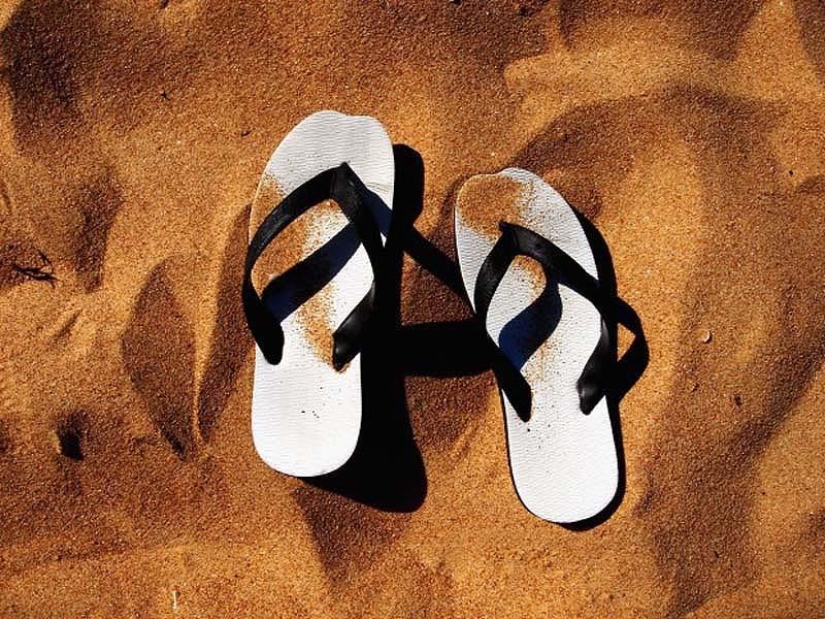
2. Wear flip flops
Flip flops are a very popular summer shoe, mainly because they are comfortable, breathable, and generally cheap. The bitter truth is that the flip flops "kill" the legs.
For starters, flip flops tend to go between the toes, which can cause painful blisters and cuts. But most of all, doctors are worried that flip flops do not provide proper support to the legs while walking.
Flip flops are basically just a piece of rubber in the shape of a foot plus a few straps to keep them on their feet. At the same time, such shoes do not bend in the right places, and the cheapest models do not bend at all.
The position that the legs have to take while walking so that the flip-flops do not fall off is also not very helpful: orthopedists warn that the constant wearing of flip-flops is bad for posture, so the flip-flops can ultimately lead to various joint pains and other related problems. problems.
This, of course, does not mean that you should forever abandon flip-flops or flip-flops, but experts say that it is worth wearing them in specific situations, even in summer it is better to prefer normal shoes. And if you still want to wear flip flops in the summer all the time, then do not spare the money for a model designed to support the foot.

3. Sit
If you are reading this article right now, then most likely you are sitting. What's more, many of you probably spend most of your day sitting. According to researchers, this is very harmful: a recent study showed that people who sit at least 23 hours a week are more prone to heart disease. Most of the subjects regularly exercise, but they also sit quite a lot.
Some researchers have also noted that anyone who leads a sedentary lifestyle is at risk of cardiovascular disease. All parts of the body must be constantly used to stay healthy: the more time you are inactive, the worse it is for your heart.
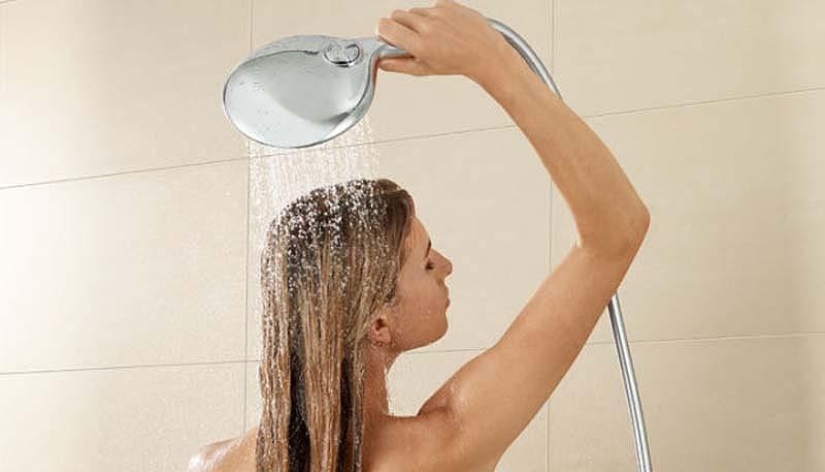
4. Shower often
Many people wash every day, sometimes several times - in modern society there is an opinion that this is useful. Of course, we do not mean that you can not wash at all, but modern science has shown that frequent soaping of the body and pouring water over it is not very good for the body.
Not only “bad” bacteria live on the body, but also “good” ones that the body needs - the natural lubricants necessary for the skin, but dryness can appear from frequent washing, and subsequently eczema.
Soap can wash away both bad bacteria and good bacteria from the body. By the way, hair shampoo is also not very useful. Showering should be linked to physical activity, experts say, showering because you need to, not because you're used to doing it at a certain time.

5. Carry a backpack
Entire generations of schoolchildren carry textbooks and school supplies in their backpacks to school. Many children put on a backpack in kindergarten and, figuratively speaking, do not take it off until graduation.
Unfortunately, this may explain why so many people develop chronic back problems at a young age. Every year, thousands of people start to get back pain because of backpacks, and this is especially true for children.
It is possible to mitigate the damage, even if for some reason it is problematic to refuse a backpack. The ideal position of the backpack is five centimeters above the waist, and all straps must be properly tightened. In addition, children are advised to carry only what is really necessary in a backpack so as not to carry extra weight on themselves.
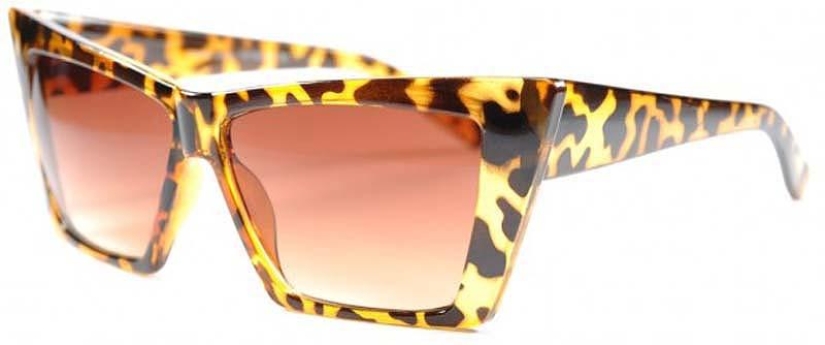
6. Wear cheap sunglasses
We do not want to say that any sunglasses are harmful, on the contrary: good glasses provide your eyes with the necessary protection. However, ophthalmologists believe that cheap glasses do not protect against ultraviolet radiation - you might as well not wear them at all.
As a rule, when you look at a bright light, your eyes squint to protect yourself, and if you are wearing glasses, your eyes open and allow the light to affect them. Cheap glasses do not have a normal protective coating, which means they not only do not protect from sunlight, but also allow them to freely affect the eyes.
Some cheap sunglasses claim to be high quality, but research has been done: none of the glasses you can buy on the market at a bargain price inspire confidence.
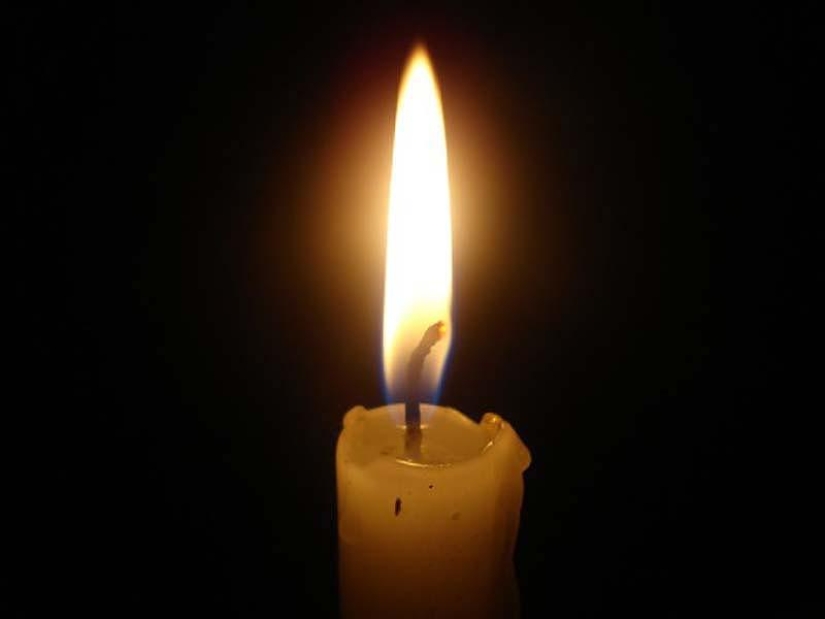
7. Light candles
For a long time, candles were necessary, because people did not have electricity, and somehow it was necessary to illuminate dark rooms - there is no sun, but you want warmth, light and joy. When light bulbs appeared, the fashion came to use candles to create a romantic atmosphere and aromatherapy.
Unfortunately, these so-called benefits make candles dangerous: they can easily set a house on fire and destroy hundreds of millions of dollars worth of property worldwide every year.
You can say that as long as you watch the candles, everything will be all right. But sometimes candles are simply of poor quality, and to start a fire, it is enough to be distracted for just a minute. Even more disturbing, according to a recent study, is that paraffin-based candles release toxic gases like benzene.
To make candles less harmful, the researchers suggest ventilating the room, as well as using them as little as possible, so that the amount of toxic fumes can be minimized.
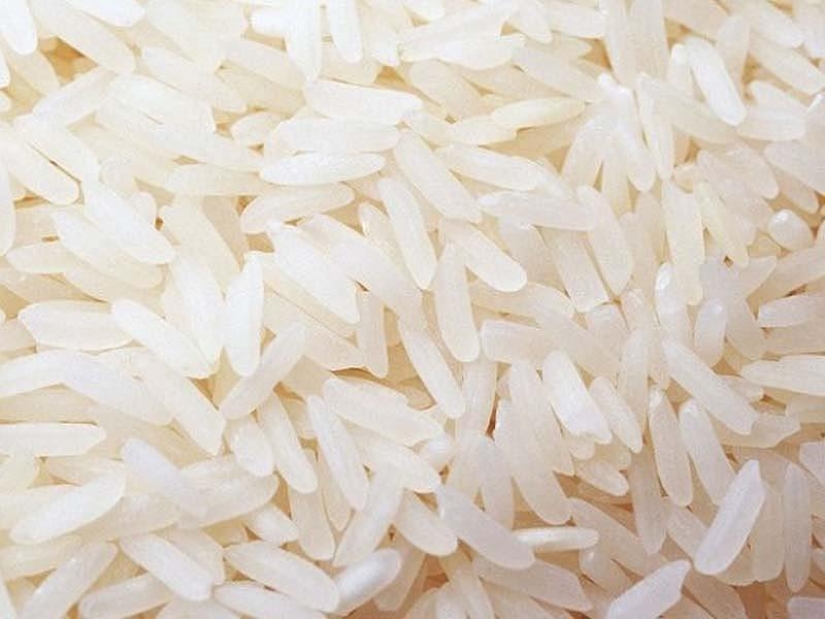
8. Eat rice
Rice is the most common food: it is eaten all over the world, so the idea that rice can be harmful at first glance seems rather absurd. The source of the problem is at the molecular level: it is not the rice itself that is harmful, but the pesticides and fertilizers used to grow it.
Just a couple of years ago, Consumer Reports did a study on arsenic in food: rice and rice-based products contain particularly high levels of inorganic and organic arsenic - a cocktail of toxins.
For those who try to eat exclusively healthy food, the results will be even more alarming - there is even more arsenic in brown rice than in white. Children and pregnant women should be especially careful, experts say, but even healthy adults should eat no more than one bowl of rice a week.
Recent articles

It's high time to admit that this whole hipster idea has gone too far. The concept has become so popular that even restaurants have ...

There is a perception that people only use 10% of their brain potential. But the heroes of our review, apparently, found a way to ...
Related articles

Physics — school subject, the study of which many face problems. Of course physical knowledge, many learned the quote of ...

We all know that onions, garlic, lemon and ginger are very healthy. These products help to increase immunity, so they are usually ...

Counting sheep while trying to sleep? A Tik-Tok user shared a much more effective way to quickly go into the arms of Morpheus. The ...

New Year's is a time to surprise and delight loved ones not only with gifts but also with a unique presentation of the holiday ...